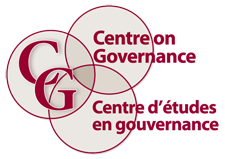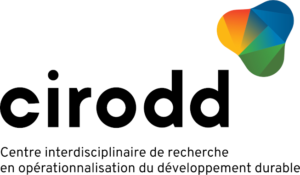2023 | How can governments generate compliance in times of crisis? A review of the COVID-19 pandemic, French Politics, vol. 21, no 02, pp. 179-194.
Article scientifique
The COVID-19 pandemic was, and continues to be, extraordinary in many ways, forcing governments around the world to implement equally extraordinary preventive measures, some of which were highly restrictive. However, such preventive measures were not sufficient per se to contain the spread of the virus through non-pharmaceutical (e.g., stay-at-home orders, recommendations about face-mask usage) or even pharmaceutical (i.e., a vaccine) interventions: to be effective, citizens had to comply with the guidelines implemented by the state. Social scientists, in particular behavioralists, have thus been playing a prominent role in the management of the pandemic. How have the governments around the world generated compliance with COVID-19 preventive measures? In this article, I first review who was more prompted to comply with preventive measures. I then move to presenting the commonly used explanations to make sense of levels of compliance. These explanations revolve around human predispositions, (political) attitudes, partisanship, ideology, cues, and institutional factors. I conclude by highlighting the role of social sciences in providing the best data and analyses on the relationship between citizens and the state in times of crisis, for the COVID-19 pandemic and beyond.





